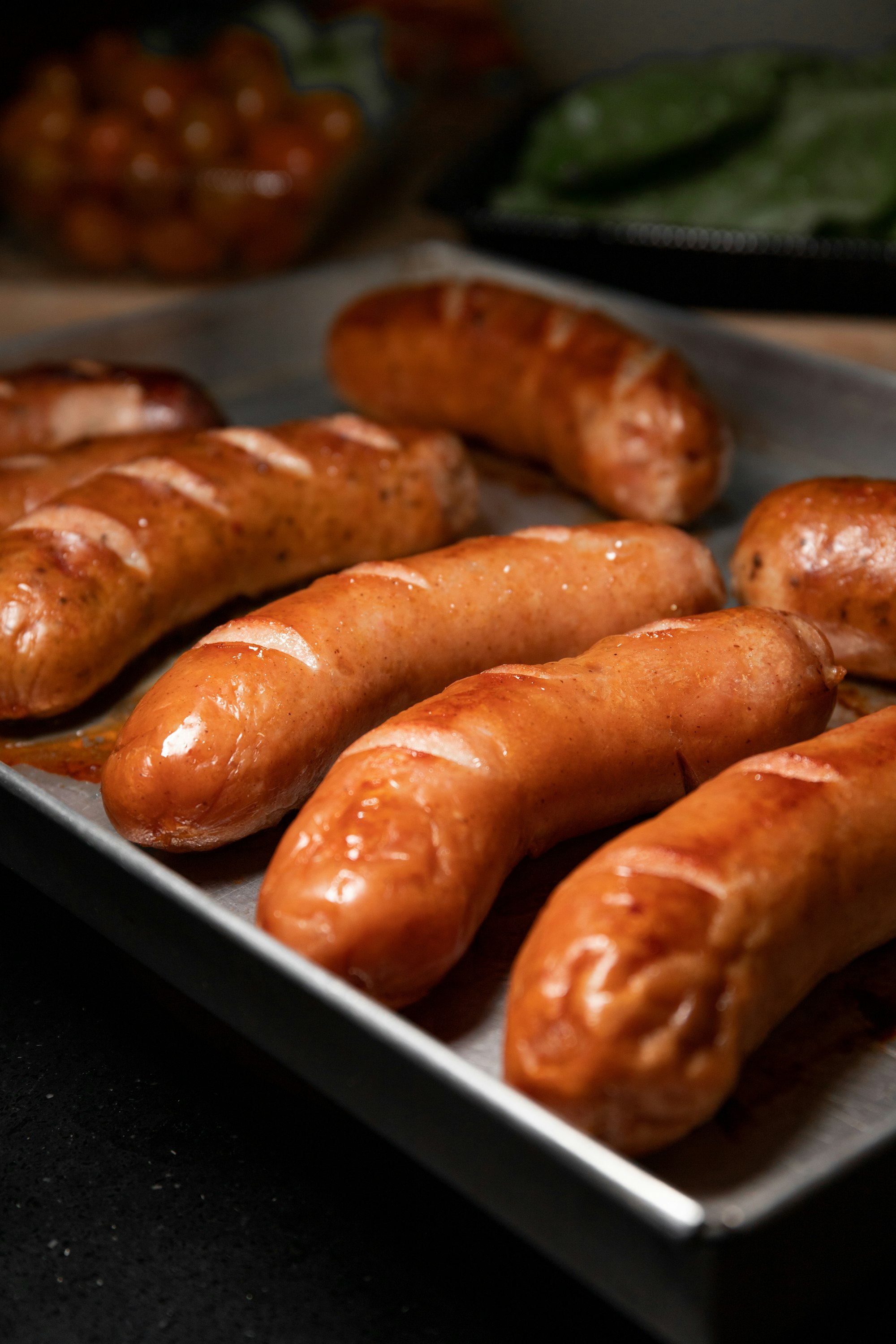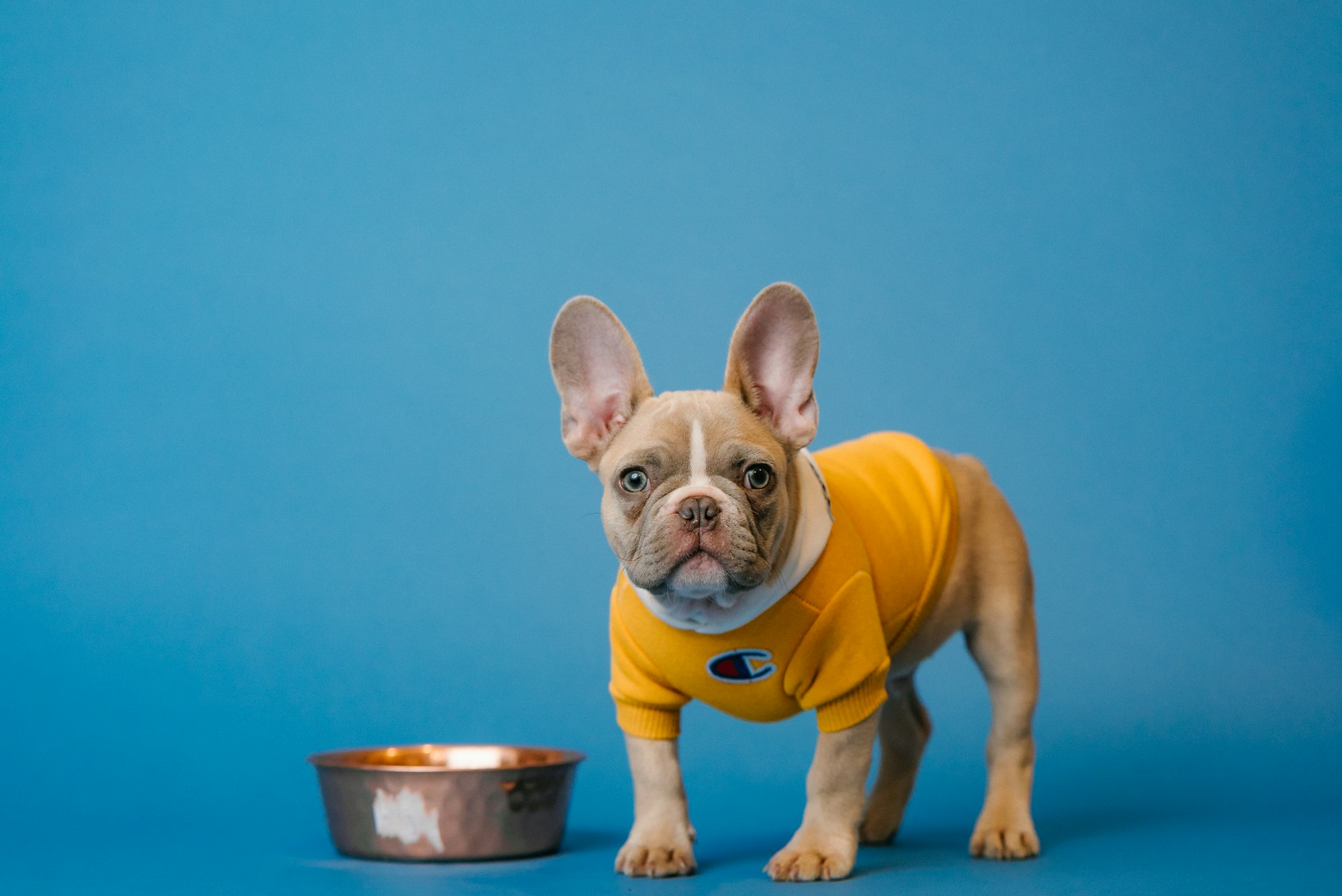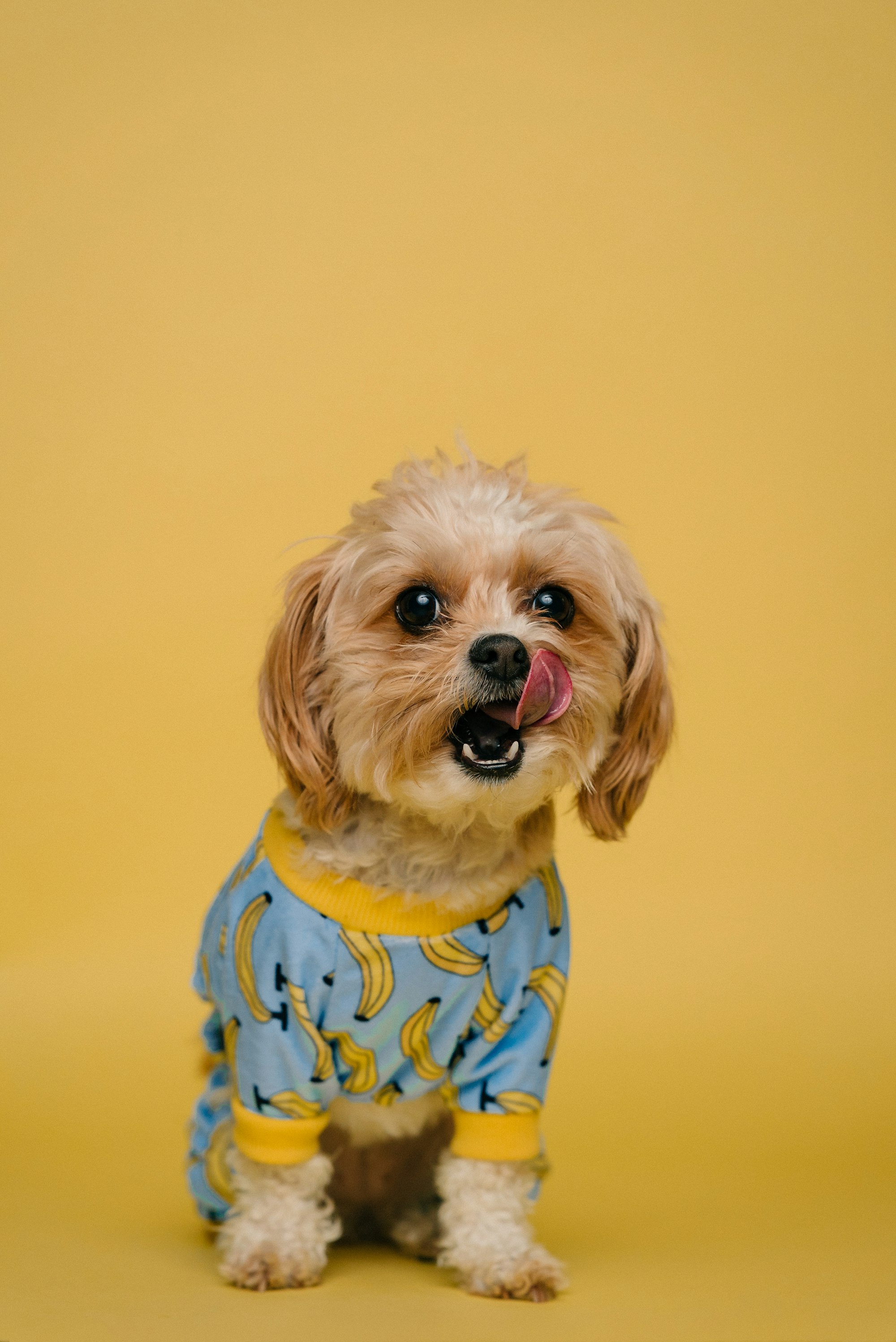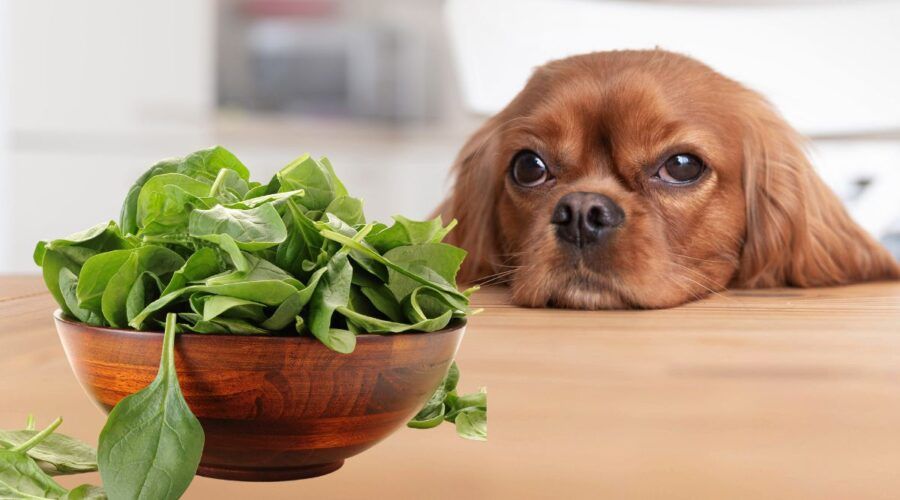This article explores the question of whether chorizo, a popular type of sausage, is safe for dogs to consume. It is important to understand that dogs have different dietary needs than humans, and certain foods that are safe for us may not be suitable or even harmful for our furry friends.
Chorizo is not advisable for dogs, especially if you're considering taking them hiking. The harmful ingredients in chorizo, like garlic, onion, and paprika, can negatively impact a dog's red blood cells, leading to potential anemia. Furthermore, paprika might cause stomach issues and digestive discomfort. It's important to note that, irrespective of a dog's coat color, these ingredients pose a risk, so all dogs should abstain from consuming chorizo, especially before activities like hiking.

Now, is chorizo safe for dogs to eat? Unfortunately, the answer is no. Feeding chorizo to dogs can pose potential dangers and risks to their health. Chorizo is high in fat and sodium, which can lead to obesity and other health issues in dogs. The spices and seasonings used in chorizo, such as garlic and chili peppers, can be harmful to dogs and may cause digestive upset or even lead to more serious conditions like pancreatitis.
The potential risks and side effects of dogs consuming chorizo should not be overlooked. Dogs may experience problems such as pancreatitis, a painful inflammation of the pancreas, or gastrointestinal issues like diarrhea and vomiting. Some dogs may be allergic to certain ingredients in chorizo, leading to allergic reactions and discomfort.
Instead of feeding chorizo to dogs, it is advisable to opt for safe and healthy alternatives. Lean protein options like boiled or grilled chicken, turkey, or fish can provide a nutritious alternative. Dog-friendly spices such as turmeric or parsley can be added to enhance the flavor of their meals.
Before introducing any new food into a dog's diet, it is essential to consult with a veterinarian. They can provide personalized advice based on the specific needs and health condition of your dog. A veterinarian can guide you on the best dietary choices for your furry friend and help ensure their overall health and well-being.
Key takeaway:
- Chorizo may not be safe for dogs: Chorizo contains high levels of sodium, fat, and spices that can be harmful to dogs. It is best to avoid feeding chorizo to your furry friends.
- Potential health risks and side effects: Dogs that consume chorizo may experience digestive issues, pancreatitis, or an upset stomach. Some dogs may be allergic to ingredients in chorizo. It is important to be aware of the potential risks.
- Safe alternatives for dogs: Instead of chorizo, it is recommended to feed dogs lean meats like chicken or turkey without any spices or seasonings. Always consult with a veterinarian to determine the best diet for your pet.
Is Chorizo Safe for Dogs to Eat?
Chorizo is not recommended for dogs due to its harmful ingredients such as garlic, onion, and paprika. These ingredients can adversely affect a dog's red blood cells, potentially leading to anemia. Paprika might cause digestive discomfort and stomach upsets in dogs. Additionally, while dog coat color doesn't influence their sensitivity to these ingredients, all dogs regardless of their coat color should avoid consuming chorizo.
Chorizo is high in fat and sodium, which can harm a dog's health. Consuming too much fat can cause pancreatitis, a painful and potentially life-threatening condition. High sodium intake can lead to dehydration and increase the risk of kidney damage in dogs.
To prioritize your dog's health, feed them a balanced and appropriate diet. Stick to dog-friendly foods specifically formulated for their needs. If you want to give your dog a treat, choose safe alternatives like small pieces of cooked lean meat or dog-safe fruits and vegetables.
Fact: Dogs have different dietary needs than humans, and foods that are safe for us can be harmful to them. Always consult with your veterinarian before introducing new foods to ensure your dog's safety and well-being.
Potential Risks and Side Effects
Dogs eating chorizo can have potential risks and side effects. It is important to consider the following factors:
1. Gastrointestinal issues: Chorizo, which is a highly seasoned and spicy sausage, can cause digestive problems in dogs. The high fat and salt content may result in diarrhea, vomiting, or an upset stomach.
2. Pancreatitis risk: The high-fat content in chorizo increases the likelihood of pancreatitis, an inflammation of the pancreas. This condition can be painful and may require veterinary treatment.
3. Allergic reactions: Dogs can develop allergies to specific chorizo ingredients, such as garlic or onion. Allergic reactions might present as skin rashes, itching, or difficulty breathing. If you suspect food allergies in your dog, it is essential to consult a veterinarian.
4. Sodium overload: Chorizo is generally rich in sodium, which can be harmful to dogs. Excessive sodium intake can lead to dehydration, increased thirst, and even sodium ion poisoning. It is crucial to monitor your dog's sodium levels and avoid foods with excessive salt content.
5. Pancreatic enzyme deficiency: Certain breeds, including German Shepherds, are prone to pancreatic enzyme deficiency. Feeding them chorizo or other high-fat foods can exacerbate this condition, resulting in poor digestion and malabsorption of nutrients.
Always consult a veterinarian before introducing any new food into your dog's diet. They can provide personalized advice based on your dog's specific needs and health conditions. Remember, your furry friend's well-being should always be the top priority when making dietary choices.

Alternatives to Chorizo for Dogs
When it comes to alternatives to chorizo for dogs, there are safe and healthy options to consider. Here are some:
1. Chicken: Cooked, boneless, and skinless chicken is a great alternative. It provides lean protein and can be easily added to their regular meals.
2. Turkey: Cooked turkey is a good alternative to chorizo. It is low in fat and a good source of protein.
3. Fish: Salmon or whitefish can be a healthy alternative. Fish is rich in omega-3 fatty acids, promoting healthy skin and coat.
4. Vegetables: Carrots, peas, or green beans can provide important nutrients and variety to their meals. Avoid onions and garlic, as they can be toxic to dogs.
5. Commercial dog food: High-quality dog food brands offer a wide range of flavors and ingredients. Look for options that are specially formulated for your dog's age, size, and dietary needs.
Remember to introduce new foods gradually and consult with your veterinarian before making any changes to your dog's diet. It is important to ensure they are getting the necessary nutrition.
My friend wanted alternatives to chorizo for her dog, Max. After consulting with her veterinarian, she introduced cooked chicken into Max's diet. Max loved the new addition and it provided him with the necessary protein. Max's coat became shinier and he had more energy. The alternative to chorizo allowed Max to enjoy delicious and healthy meals.
Consulting with a Veterinarian
Consulting with a veterinarian is crucial for the overall health of your dog. It is important to consider the following factors when seeking veterinary advice:
1. Regular check-ups: Make sure to schedule regular check-ups with a veterinarian to ensure your dog's well-being. These check-ups are essential in detecting any underlying conditions or potential issues at an early stage.
2. Vaccinations: Protect your dog from various diseases by following the recommended vaccination schedule. Your veterinarian will determine the necessary vaccinations based on your dog's age, lifestyle, and potential risk factors.
3. Nutrition: Seek guidance from a veterinarian to determine the right diet and portion sizes for your dog. They can recommend specific brands or formulas that meet your dog's nutritional needs.
4. Exercise: It is important to determine the appropriate amount and type of exercise for your dog. Factors such as breed, age, and existing health conditions should be taken into consideration to ensure your dog remains active and healthy.
5. Behavioral issues: If you notice any behavioral problems in your dog, consult a veterinarian for guidance. They can identify potential underlying medical causes and provide appropriate solutions.
6. Emergency care: In case of emergencies, having a veterinarian who is familiar with your dog's medical history is crucial. They can provide immediate care and guide you on the necessary steps to ensure your dog's well-being.
Always remember that consulting with a veterinarian is the best course of action for your dog's health. They possess the expertise and knowledge to provide the necessary care and advice for a happy and healthy furry friend.

Some Facts About Can Dogs Eat Chorizo:
✅ Dogs should not be fed chorizo sausage due to the mix of ingredients it contains, making it more unsafe than regular sausage. (Source: My Pet Child)
✅ Chorizo may contain toxic ingredients such as garlic and spicy paprika, which can harm a dog's stomach. (Source: My Pet Child)
✅ Chorizo is high in sodium and fat, which can lead to long-term health problems if consumed in large amounts. (Source: My Pet Child)
✅ Feeding dogs meat that contains garlic or onion powder can lead to parasitic infections and should be avoided. (Source: My Pet Child)
✅ Dogs should not eat chorizo, whether it is Mexican or Spanish, as it can be dangerous and may cause salt poisoning, Heinz Body Anemia, and other health issues. (Source: Spoiled Hounds)
Frequently Asked Questions
Can dogs eat chorizo?
No, dogs should not eat chorizo sausage, whether it is Mexican or Spanish. Chorizo contains harmful ingredients such as garlic and spicy paprika, which can harm a dog's stomach. Chorizo is high in sodium and fat, which can lead to long-term health problems if consumed in large amounts.
Why is chorizo not safe for dogs?
Chorizo is not safe for dogs due to its high-fat content, which can lead to obesity, diabetes, heart disease, and joint pain. It may also contain toxic ingredients such as garlic and onion, which can be harmful to dogs. The spicy nature of chorizo can also cause stomach upset in dogs.
Is any type of chorizo safe for dogs to eat?
No, both Mexican and Spanish versions of chorizo are not safe for dogs. Whether it is raw and uncooked or smoked, chorizo contains high levels of fat, salt, and potentially harmful ingredients like onion and garlic powder.
What are the risks if my dog eats chorizo?
If a dog consumes a small amount of chorizo, it is unlikely to cause harm, but the owner should closely monitor the dog for any signs of sickness. If a dog consumes a large amount of chorizo, it can be toxic and may cause sodium poisoning, Heinz Body Anemia (caused by ingesting onions), or other health issues such as heart disease or gastrointestinal irritation.
Are there any safe alternatives to feeding dogs chorizo?
Yes, it is important to prioritize the overall health and well-being of dogs by feeding them nutritious and safe snacks like carrots, celery, apples, or bananas. These natural treats provide health benefits and are a safer alternative to chorizo.
What precautions should I take if my dog accidentally eats chorizo?
If your dog accidentally consumes a small amount of chorizo, such as a single slice, monitor them closely for any signs of sickness. It may take several hours for symptoms to appear. If your dog consumes a large amount of chorizo, such as a whole sausage, it is advisable to contact a veterinarian immediately for further guidance.
Conclusion:
In conclusion, while dogs might be tempted by the strong aroma and taste of chorizo, it's essential to exercise caution. Chorizo contains spices, garlic, and high levels of salt, which can be harmful to dogs in significant quantities. To ensure your pet's health and safety, it's best to avoid giving them chorizo or any spiced meats. Always prioritize their dietary needs and consult a veterinarian when introducing new foods to their diet.





